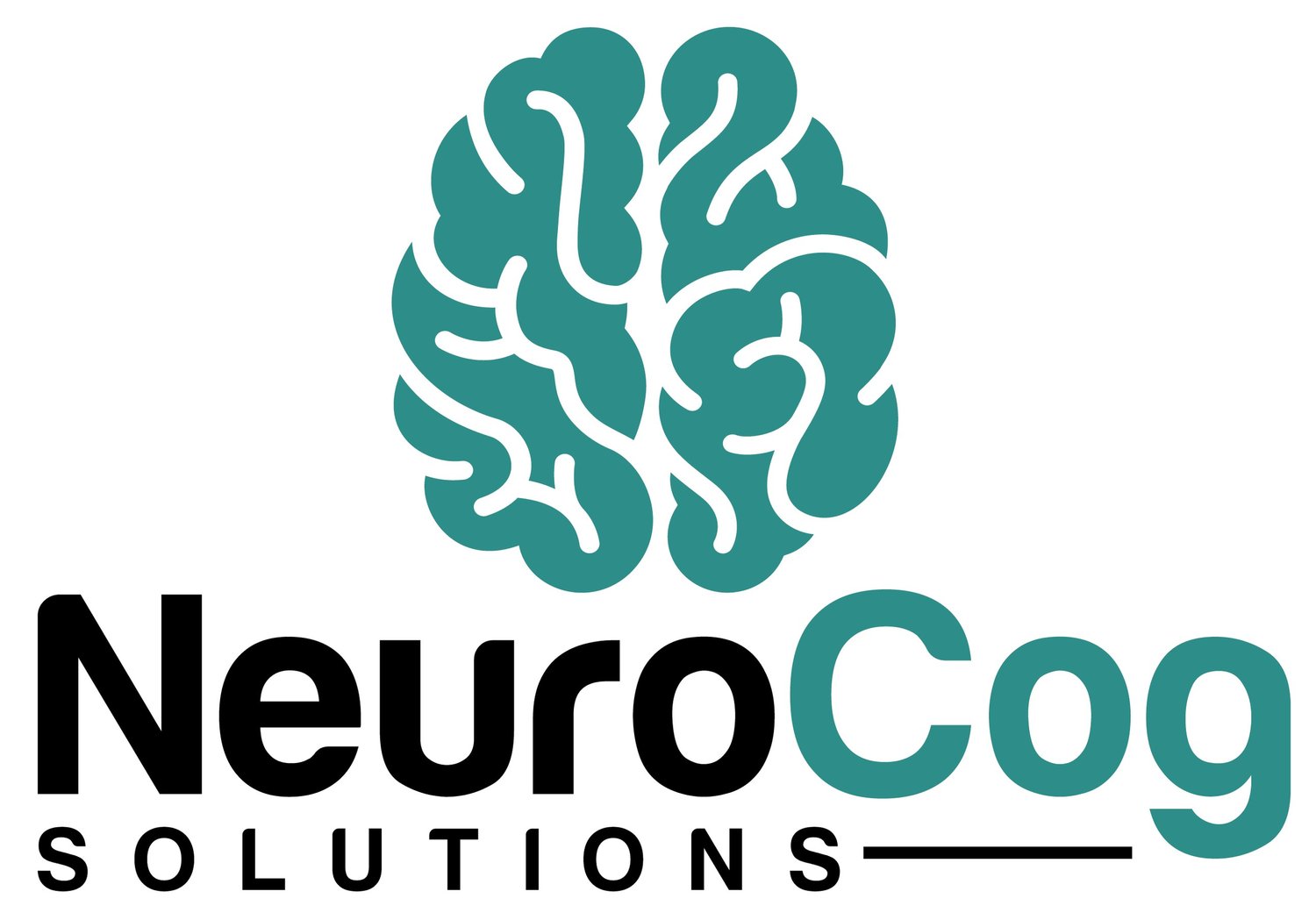Best Tomorrow Blog

Caregiving Support: Questions to ask when hiring a private caregiver
As discussed in my Caregiver Blog, there are two basic ways to hire a private caregiver, either use a Home Health Aide agency, or hire a private individual through word of mouth, etc. Once you decide what it is that you are looking for, there are a variety of questions you will want to ask in order to make an informed decision.






Caregiving Support: Initial steps after you or your loved one has received a troubling diagnosis
Caregiving Support: Initial steps after you or your loved one has received a troubling diagnosis -
First Things First: Getting your affairs in order

What is Frontotemporal Dementia?
Frontotemporal dementia (FTD) is an umbrella term used to describe frontal temporal lobar degeneration syndromes. The three subtypes are called the motor, behavioral and language variants. The language variant is also called primary progressive aphasia.

The Role of Cognitive Speech Therapy after COVID-19
Did you know that speech-language pathologists can help with long COVID symptoms?
Many COVID-19 survivors report ongoing difficulties with memory, concentration, and even speech and language long after their initial diagnosis. These patients are often dealing with what are referred to as “long-hauler” symptoms.
These long-haul symptoms can negatively impact a person’s ability to complete routine daily tasks, both at home and at work leading to reduced quality of life. In fact, some people struggle with returning to work.
Frequent long COVID symptoms include slower thinking, word finding problems, short-term memory loss, and a feeling of overall brain fog.
Cognitive Speech therapy can help patients improve skills including memory, attention, communication and problem-solving. Sessions can focus on ways to improve daily challenges and get you back on track.
Please reach out if you or a loved one wants to learn more about our post COVID-19 cognitive speech services. Treatment is individualized to meet your needs and improve daily life.

What is the difference between dementia and Alzheimer’s Disease?
Dementia is an umbrella term used to describe cognitive decline. There are various different causes of cognitive decline and Alzheimer's disease is just one of the many causes. Here are some examples of conditions that can cause dementia:
Alzheimer's disease
Lewy body disease
Vascular disease
Frontotemporal dementia
Corticobasal degeneration
Traumatic brain injury
Viral infections (e.g., HIV)
Prion disease
Parkinson's disease
Huntington's disease
Alcoholism
Each of these conditions present differently (both the neuropathology in the brain and how the person experiences symptoms in everyday life). For example, Alzheimer's disease usually affects memory first, while frontotemporal dementia may impact behaviors or language first.
In addition, the term “dementia” often refers to the more advanced stages of cognitive decline. In the beginning, thinking changes may be called “mild cognitive impairment” or a “mild neurocognitive disorder.” In this stage, the person has some mild symptoms, but they do not interfere with their ability to independently carry out complex living skills, such as managing finances. Once the symptoms impact daily living skills (such as paying bills, managing medications, completing chores, driving, etc.), then the condition can be called dementia, due to the specific disease (e.g., dementia, due to Alzheimer’s disease). Sometimes, more than one condition can contribute to changes in thinking.
If a loved one is experiencing cognitive changes, a neuropsychological evaluation can help determine which disease is contributing to the decline and provide recommendations to make daily life a little easier. Medical and therapy interventions can be tailored to the specific condition.

What is a Transient Ischemic Attack (TIA)?
What is a Transient Ischemic Attack (TIA)?
A TIA is defined as sudden, usually painless, focal (specific region of brain impacted) event
Most last less than 1 hour
Not shown on CT or MRI, or resolves within 24 hours
Symptoms of a TIA
Can be similar to a stroke - muscle weakness, slurred speech, facial droop, confusion, balance problems
What causes a TIA?
Occlusion, or blockage, of a vessel or artery in the brain
Blockages can happen as a result of stenosis (narrowing of arteries), blood clot in an artery in the brain, or a blood clot that travels to the brain from somewhere else in the body
Blood can’t get to a certain part of the brain
Is there permanent damage from a TIA?
TIAs usually resolve quickly, with no lasting damage
But they serve as warning signs of an impending stroke
Within three months of a TIA, 8-10% of people experience a stroke
Half of these occur within the first 48 hours of a TIA
Medical attention following a TIA is very important
What are risk factors for having a TIA?
Risk factors for stroke and TIA are similar
Age – risk increased after age 55
Family history of TIA or stroke
History of a previous TIA
Lifestyle factors – smoking, excessive alcohol use, sedentary lifestyle, poor diet
Medical conditions – being overweight, diabetes, heart disease, high blood pressure, high cholesterol
What is the treatment for TIA?
Treatment is anchored in prevention
Reduce or eliminate the modifiable risk factors as much as possible – these include lifestyle factors and medical conditions
Your doctor may recommend medications to reduce blood clots

What is Primary Progressive Aphasia?
What is Primary Progressive Aphasia?
Primary progressive aphasia (PPA) is a rare neurological condition that affects a person’s ability to communicate. People who have PPA can have difficulty expressing themselves using speech and understanding the speech of others. Symptoms of PPA typically start before age 65 and begin gradually; they worsen over time. People diagnosed with PPA can ultimately lose the ability to speak, write, and understand written or spoken language.
There are three different types of primary progressive aphasia, each with their own symptoms:
Semantic Variant Primary Progressive Aphasia - symptoms include trouble understanding the meaning of words, trouble understanding spoken or written language, and trouble naming objects.
Logopenic Variant Primary Progressive Aphasia - symptoms include trouble repeating phrases or sentences, taking frequent pauses while speaking to search for words, substituting words when speaking.
Nonfluent-Agrammatic Variant Primary Progressive Aphasia - symptoms include trouble understanding complex sentences, use of incorrect grammar when writing or speaking.
PPA is caused when the parts of the brain (lobes) that are responsible for speech and language shrink or atrophy. Specifically, the frontal, temporal or parietal lobes of the brain are affected.
If you or someone you know has trouble communicating, or has been diagnosed with PPA, reach out to us to see how our speech therapy services may be able to help. Assessment can track changes in skills and inform both treatment and available supports.

What is Aphasia?
What is Aphasia?
Aphasia is an acquired communication disorder (meaning it occurs after birth) and usually results from an injury to the brain. Many different brain conditions can cause aphasia including stroke, traumatic brain injury, or tumor. Certain forms of dementia may also cause aphasia. One form of dementia, Primary Progressive Aphasia (PPA), is caused by continued deterioration of brain tissue. PPA will be discussed in a later post.
Aphasia can affect how someone produces language and/or understands language. When someone has trouble saying words, it is a type of expressive aphasia. Expressive aphasia is usually related to damage in the left frontal lobe of the brain. When someone has trouble understanding language, it is a type of receptive aphasia. Aphasia can be mild, moderate, or severe in nature. People with aphasia usually describe their experience as “knowing what I want to say, but not being able to get the word(s) out.”
In many cases, aphasia does not impact a person’s cognitive abilities or intelligence. They are still able to form thoughts and ideas, but now have difficulty communicating those thoughts and ideas to others. If the cause of aphasia was due to stroke or injury, speech therapy can help improve speech and develop strategies to manage the symptoms. The condition may improve, and then remain stable. Unfortunately, individuals with Primary Progressive Aphasia will notice a worsening of symptoms over time. Assessment can track changes and inform both treatment and supports.
If you or someone you know has trouble communicating, reach out to us to see how our speech therapy services may be able to help.

Normal Aging and Mild Cognitive Impairment (MCI)
Mild cognitive impairment (MCI) is the stage between normal aging and dementia - changes in thinking associated with MCI are not part of the normal aging process, and symptoms are usually more obvious and may get worse over time. Memory decline and other cognitive problems are not so severe that they impact a person’s ability to carry on with their daily activities, but those with MCI are at much greater risk for developing dementia.


Caregiving during COVID-19
Caregiving can be difficult, especially during the COVID-19 pandemic

Neuropsychological Evaluations during COVID-19
Neuropsychological assessments can be completed via video
